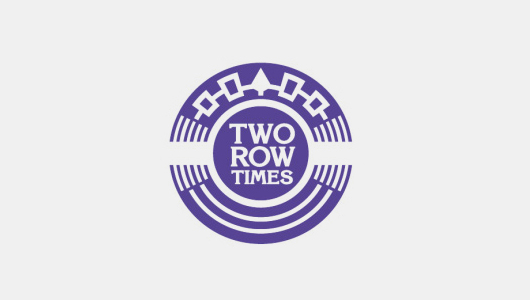
OTTAWA — As the first Canada Child Benefit cheques were mailed in 2016, cabinet ministers fanned out across the country to raise awareness about the Liberals’ landmark new program to lift children out of poverty.
Then-Indigenous affairs minister Carolyn Bennett was dispatched to Enoch Cree Nation, just outside Edmonton, to speak about the importance of the new benefit to people on First Nations and encourage them to fill out their income tax returns.
“It is important that Indigenous families are aware of this benefit and we are committed to provide the support they need to help with tax filing,” Bennett said in a statement about the trip.
In the six years since, the government has struggled to make the benefits available to First Nations families, and Indigenous advocates and economists have called for a more creative approach that looks beyond income tax.
Now, Canada’s auditor general has added her voice to that chorus.
In a report released Tuesday, Karen Hogan found the government isn’t doing enough to make sure income-tested supports like the child benefit get to hard-to-reach populations like those living on reserves, despite spending tens of millions of dollars on outreach.
The most recent figures show only 79 per cent of eligible families on First Nations accessed the Canada Child Benefit in 2017 compared to 97 per cent of the general population.
The auditor said it’s not possible to know whether that gap has closed since 2017 because the eligibility figures are based on census data, which is only gathered every five years.
Though not directly related to her report, the auditor said Tuesday the government should consider an approach that doesn’t include income tax filing as a mandatory requirement.
“You could explore, as they’re doing with the Guaranteed Income Supplement, a different way of demonstrating income other than a tax return,” Hogan said at a news conference.
“It’s that sort of creative thinking to go out and reach that hard-to-reach population, which might be helpful in trying to actually increase uptake in some of these programs.”
There are many reasons people may not fill out their income tax returns, from principled stands against colonization and lack of trust in government to lower literacy stemming from poorly funded public services, said Cindy Blackstock, executive director of the First Nations Child and Family Caring Society.
“To expect families who have got this additional piece of the traumatic crises and the disadvantage because of the underfunding of education and therefore the lower literacy levels to access benefits that way, it just makes no sense,” Blackstock said in an interview.
The Assembly of First Nations has said for years that relying on tax returns is not effective.
When questioned on whether the government would consider separating the benefit from the income tax system, Families, Children and Social Development Minister Karina Gould pointed to the government’s existing strategy of connecting First Nations families with federal employees to help them fill out the necessary forms.
“There are actual people from Service Canada who connect with third-party organizations who have community relationships, where they can go and build that trust in terms of making that application,” Gould said at a news conference Tuesday.
“It is absolutely a top priority for me.”
Public sector economist Ross Hickey said it’s not clear if federal workers can overcome the lack of trust First Nations families have in the government. But the government has a fiduciary and moral responsibility to Indigenous people to make sure they get the benefits they’re entitled to, regardless of the personal decision they make about their tax returns, he said.
There are options the government could consider to encourage people to fill out their income tax forms, automate the process or circumvent it entirely, Hickey said, but the government needs to balance that against ensuring the integrity of the program.
One option would be to engage band offices, said Hickey, who is of Indigenous heritage.
“The band, I think, can play a role in encouraging those Canadian Indigenous band members to ensure that they’re getting access to those programs,” he said, but added right now bands don’t have the incentives or the resources to do that.
Blackstock suggests creating a parallel program specifically for First Nations that doesn’t use the income tax system.
“There already are mechanisms to flow funding through First Nations for the provision of social services, like child welfare, social assistance, etc. And this ought to be added to it,” she said.
Others have suggested automating the income tax system, but Hickey said it’s an imperfect solution because many people make money under the table.
“It’s not going to be one solution to this. There need to be a lot of different approaches taken, I think,” Hickey said.
The suggestions aren’t new, however, and the auditor’s greatest frustration with her job is that often she highlights issues and nothing changes.
“It’s very frustrating and discouraging for the government to know, for many years, that problems exist, that barriers exist, but that little action is taken to address and eliminate them. So it’s time for actions to actually catch up with all of the words,” Hogan said.








